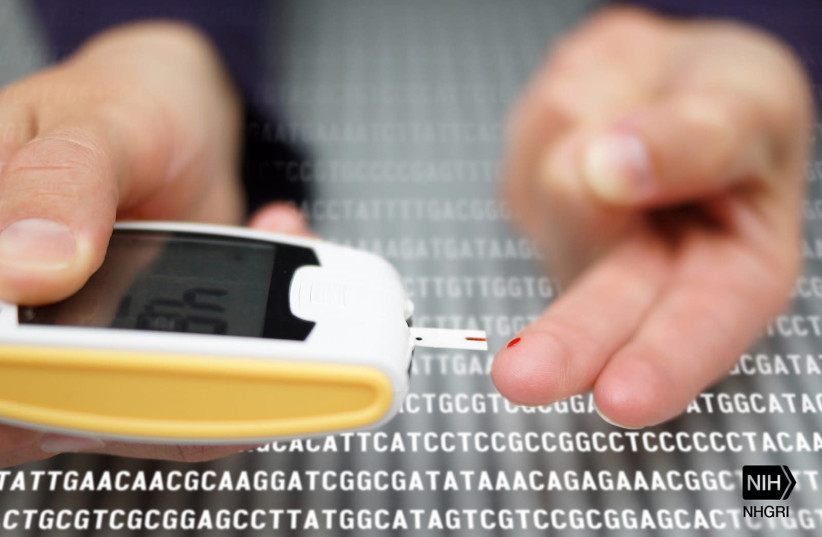Researchers may have found a new treatment to prevent severe COVID-19 in patients at greater risk.
University of Virginia scientists say a drug used to lower blood sugar levels shows potential in fighting severe cases of COVID-19, especially for people with obesity and diabetes, conditions that can increase the severity of post-COVID infection. The researchers said that a new treatment option for those who are high-risk that does not cause a spike in blood sugar is pressing.
The new findings, published in the peer-reviewed journal ScienceImmunology, indicate that a second-generation insulin-sensitizing drug called MSDC-0206K could be the solution for those patients, protecting them from inflammation and dangerous glucose levels, which can spike from coronavirus. The drug would be in the form of a pill, not a vaccine.
“Our work has uncovered a metabolic pathway that concurrently modulates COVID-19 inflammation, lung recovery and host metabolic health, and suggests a potentially viable therapeutic agent that may be combined with existing anti-viral agents to treat severe COVID-19 in patients with underlying metabolic disease," said Jie Sun, Ph.D. and professor at the UVA School of Medicine. "We are hoping this study could spur strong interests for clinical trials to prevent or treat severe viral infections including COVID-19 in diabetic and/or obese individuals using a second-generation insulin sensitizer.”

How would the pill prevent severe COVID-19?
When tested on mice, the new approach “synergized” with the antiviral component of COVID treatment Paxlovid, nirmatrelvir.
Sun explained that the therapy targets the carrier of fuel to mitochondria, the powerhouses of our cells, adding that reducing the activity of this carrier protected obese lab mice from severe illness brought on by influenza and COVID-19.
“We know that steroids are effective in severe COVID-19, but these drugs have side effects like elevated blood glucose that make their use more complicated in obese and diabetic patients,” said study co-author Jeffrey Sturek, MD, Ph.D., a UVA pulmonary and critical care physician-scientist specializing in COVID-19 disease. “The really exciting part about this pathway is the ability to treat both inflammation as well as altered glucose metabolism.”
What about humans?
Testing done on human lung samples was equally promising, the researchers said, but follow-up research is still necessary. A clinical trial testing the drug in human patients with COVID-19 is planned.
Even with more research needed, UVA scientists expressed hope that their findings could greatly benefit people at high risk for severe COVID-19.
“Diabetes increases COVID-19 severity, and, conversely, COVID-19 can lead to blood glucose rise,” Sun said. “Our work suggests that we can use a second-generation Thiazolidinedione drug to break the network of SARS-CoV-2 infection, hyperglycemia [blood glucose rise] and hyper-inflammation, all factors known to drive COVID-19 pathophysiology.”
